Muslims v. FBI: Supreme Court to hear case on surveillance of mosques
The US Supreme Court is set to hear arguments in a case that would determine whether the US government will be able to keep monitoring Muslim communities and their places of worship without accountability in the wake of the September 11, 2001 attacks.
Muslim plaintiffs in the case, which stems from a lawsuit originally filed in 2011, have accused the Federal Bureau of Investigation (FBI) of subjecting their mosque and community in southern California to undercover surveillance by a paid informant.
Sheikh Yassir Fazaga, Ali Malik and Yasser Abdel Rahim, the three plaintiffs in the case, contend that they and thousands of other Muslim Americans became targets of the FBI’s dragnet surveillance because of their religion.
They argue that the US government has for years invoked national security to escape accountability over its unconstitutional surveillance operations and deny them the chance to present their evidence to court.
“We’ve been feeling violated for the past 15 years now, at least since the time that I found out what the FBI was doing,” said Fazaga, who was an imam at the Orange County Islamic Foundation in Mission Viejo, California.
The FBI recruited a paid informant with a checkered past to spy on the mosque and other places of worship in the area beginning in 2006. The informant, identified as Craig Monteilh, had presented himself as a person who wanted to convert to Islam.
The American Civil Liberties Union (ACLU) says Monteilh, a fitness instructor convicted for fraud, recorded religious prayer groups in the mosque and secretly made videos in mosques, homes and businesses.
Fazaga, the lead plaintiff in the case who is also a therapist, said he was furious when he found out that the FBI informant had left a remote control in his office that was in fact a recording device. He said the personal and confidential sessions he had with his patients were secretly recorded for a month.
"You couldn't go into a Catholic church in the confession room and put bugs there because that would just be a violation of these people's rights and their religious freedom," he said. "That applies to people in therapy as well. It applies to people in a mosque, a synagogue, a church, any place of worship."
Fazaga said he wanted the FBI to destroy all the information Monteilh secretly gathered in his office, especially recordings of counseling sessions.
The surveillance operation in Southern California was part of a broader spying program that the US government enforced after 9/11, using various tactics to monitor Muslim communities in the name of national security.
The government cannot hide behind state secrets. Americans who are unlawfully surveilled deserve their day in court. @cairGLA Executive Director Hussam Ayloush recaps how FBI v. Fazaga reached the Supreme Court despite challenges from the FBI. pic.twitter.com/XtMQwYfkyU
— ACLU (@ACLU) November 6, 2021
The Supreme Court will hear arguments in the FBI v. Fazaga case on Monday.
Lawyers for the government will argue that the case should be dismissed, as letting it proceed would expose clandestine intelligence operations and harm national security. The FBI has long contended that information about its informants, methods of surveillance and who they are monitoring and why should be treated as “state secrets.”
For a decade, spanning three presidential administrations, the US government’s line of defense in the FBI v. Fazaga case has remained the same, according to Ahilan Arulanantham, a human rights lawyer at UCLA, who will argue on behalf of the Muslim plaintiffs on Monday.
“The government’s position has been, ‘We don’t (monitor) people solely because of their religion’,” he said. “Anything more that we tell you at all would risk national security and therefore can’t be shared with anyone, even the court in secret.”
“The government’s position amounts to: ‘Sorry, but you have to just trust us',” the lawyer said.
He told reports that the question for the justices was simple. “Are the courts open to protect this community’s religious freedoms, or can the government slam the doors shut whenever it claims to be acting in the name of national security?”
This morning the Supreme Court is poised to hear argument in FBI v. Fazaga, a case about the FBI’s unlawful surveillance of Muslim Americans.
— Patrick Toomey (@PatrickCToomey) November 8, 2021
It's a case with far-reaching implications for religious freedom and privacy in our country.https://t.co/JA7NsDdr2E
The plaintiffs argue that under the Foreign Intelligence Surveillance Act, known as FISA, a judge can review the material and order that it be disclosed. They contend that in a case like theirs, the 1978 law supersedes the "state secrets privilege," which was adopted by the Supreme Court in the 1950s.
Government lawyers counter that FISA was not meant for a case where the government certifies that disclosure would jeopardize national security.
A lower court had in 2012 dismissed the initial lawsuit, ruling in favor of the FBI’s assertion that allowing it to move forward would pose a national security risk. Fazaga, Malik, and Abdelrahim appealed that ruling and a federal appeals court later sided with the trio, paving the way for the case to land in the high court.
At least 40 Palestinian journalists being held in Israeli prisons: Advocacy group
US delivers more F-35 jets to Israeli regime despite Gaza truce violations
Blair distances himself from Trump’s $1bn ‘Board of Peace’ fee
US Justice Department refuses probe into killing of Minneapolis mother
VIDEO | Israel Gaza ceasefire violations
VIDEO | Gaza Solidarity Forum in Damascus calls for boycott of Israel over Gaza genocide
VIDEO | London memorial event highlights Gaza genocide
VIDEO | Press TV's news headlines


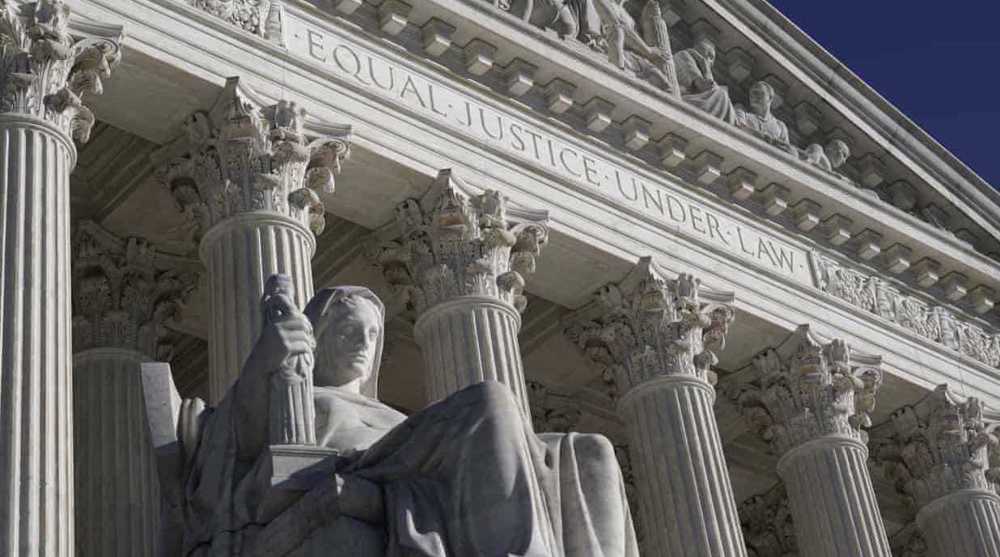
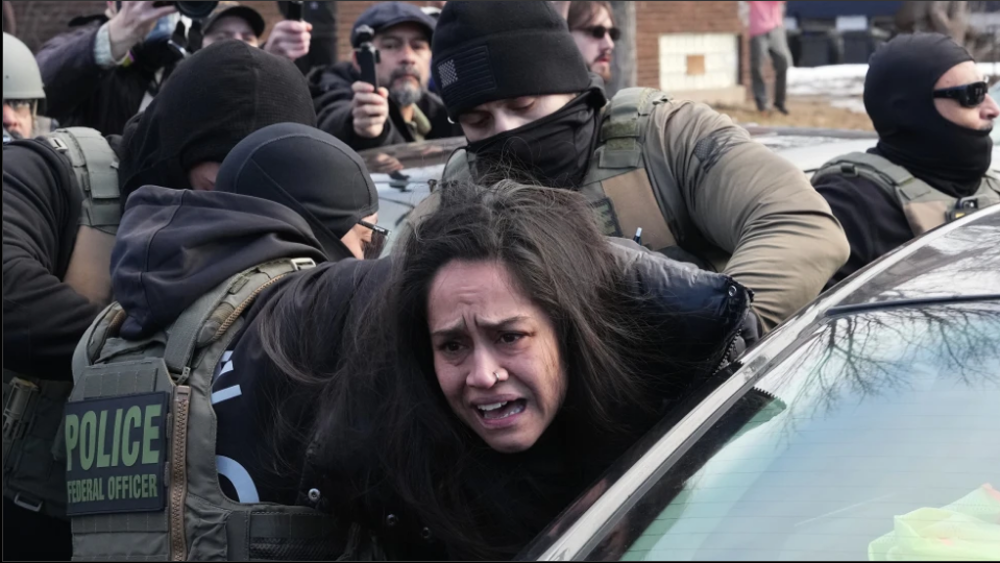
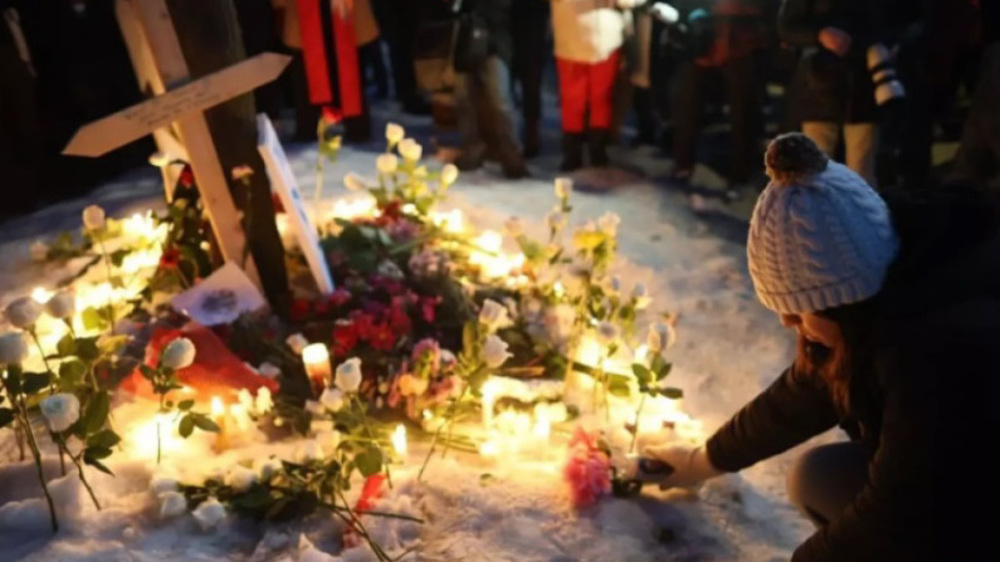




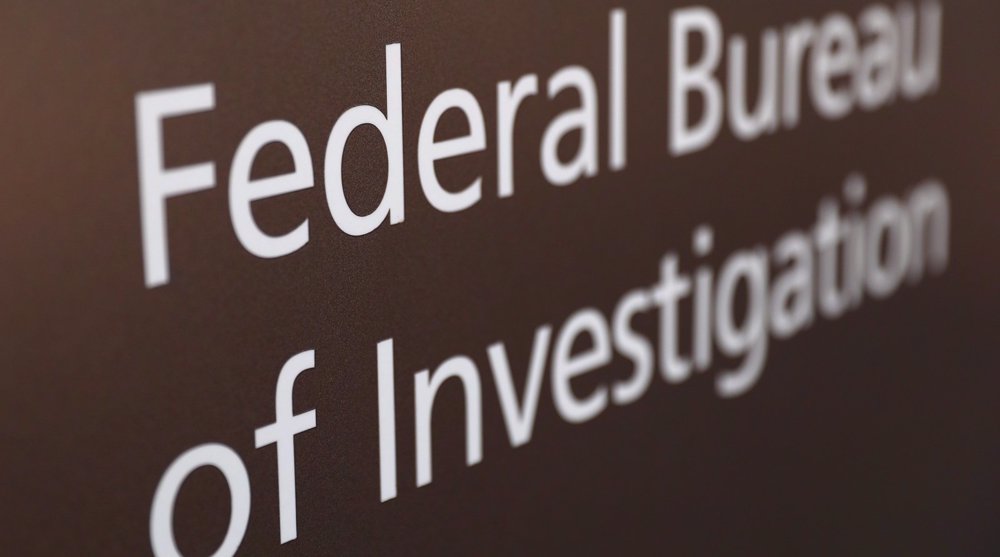
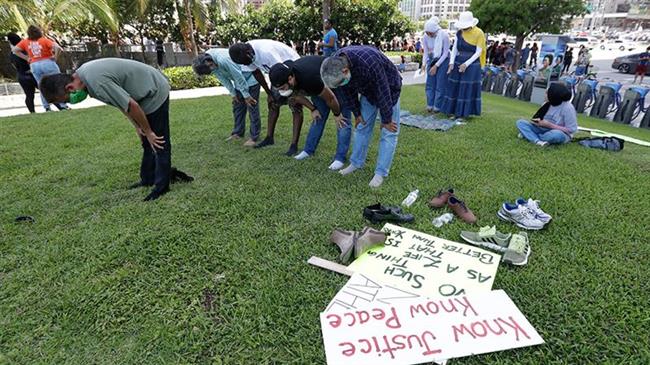
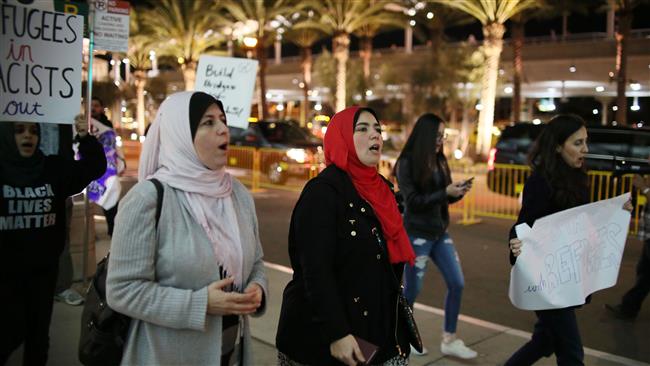

 This makes it easy to access the Press TV website
This makes it easy to access the Press TV website